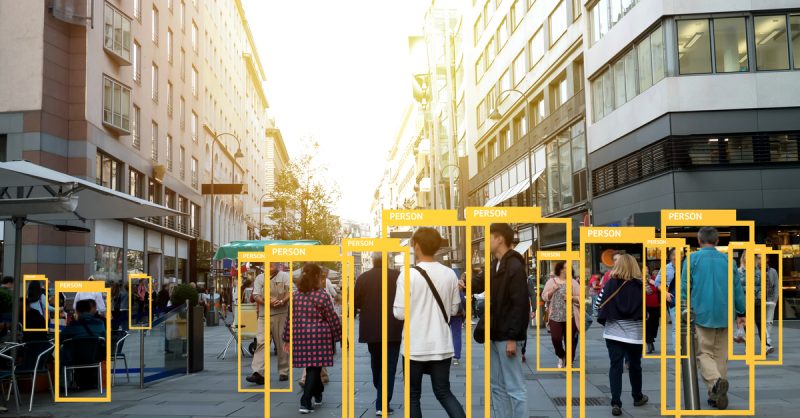Estimated reading time: 2 minutes


Many have stated their opinions about the growth of Artificial Intelligence (AI) for this new year. With a few months under wraps, it’s fair to say that AI is taking the direction of more precisely determined decision-making capabilities, automation and streamlined data driven processes. Technologies such as analytics, AI, and the Internet of Things (IoT) to provide a competitive advantage to businesses that dabble in data-associated insights, to be particular: Healthcare, Local Government organizations, and IT-based Security firms.
AI in Healthcare
Artificial Intelligence solutions are foreseen to create more predictive and subscripted foundations for diagnosing patients. Patients will continue to grow older, and baby boomers are next in line to take advantage of modern healthcare technologies, such as tele-health and telemedicine. AI can come to aid through prescribing specific medications and even using the cloud to virtualize certain services. It is a hope that AI will benefit the healthcare industry by enhancing the accuracy of certain systems, and overtime, provide the essential confidence for physicians to delegate tasks entirely to the AI system and allow it to operate autonomously.
Artificial Intelligence in Local Government
 Smart Cities are projected to use AI to analyze what businesses and citizens require to survive. They do this by enabling local government organizations to provide constituent and business-focused service, thus further, making a city an attractive location to live, work and play. Sensors and advanced devices can provide data in real-time for a multitude of decisions, such as trash pickup and traffic flow conditions. Not only to be competitive, but more importantly with the ability to provide their citizens with advanced benefits.
Smart Cities are projected to use AI to analyze what businesses and citizens require to survive. They do this by enabling local government organizations to provide constituent and business-focused service, thus further, making a city an attractive location to live, work and play. Sensors and advanced devices can provide data in real-time for a multitude of decisions, such as trash pickup and traffic flow conditions. Not only to be competitive, but more importantly with the ability to provide their citizens with advanced benefits.
AI in Financial Institutions
It’s no secret that human owned and operated Financial Institutions are costly and time consuming businesses, but it’s been calculated that AI developments such as ‘robo-advice’ or ‘chat-bots’ have constructed solutions. ‘Robo-advice’ and ‘chat-bots’ have made it possible to develop personalized investment solutions for consumers in the mass-market. Through these ‘robots’, finances are managed dynamically to match goals and optimize a client’s available funds, while AI acts as an asset manager, of sorts. 
AI in Security
AI will have a really big impact on the IT industry. From logging, aggregating and even analyzing incidents and events across systems is a common requirement for several operations in this field. Data is growing too quickly, as time goes on, so it’s too much for the human eye to catalog. Varying factors such as alert fatigue and heavy workloads can make a negative impact on human’s performance in the workplace. This could ultimately in clerical negligence and even possibly a cyberattack. That’s where AI comes into play. Machine Learning will reduce both the time and effort spent recognizing patterns and making fleeting escalation decisions. Commercial tool will also begin to evolve to help improve this as well as the year progresses on.
The Global AI market is presumed to jump to a total of $15.7 trillion by the end of 2030. PwC reports show that up to 20 percent of organizations deploy AI solutions just in this year. AI becomes more sophisticated and further decision-making capabilities can take place with explainable AI. It may be necessary to know how the algorithm arrived at its decision. The benefits of this version of AI include improved data governance capabilities and even efficient ways to train the AI to achieve a numerous list of solutions. It’s more than likely safe to say that, the sky is the limit for all of the potential that AI can achieve from now until 2030 for businesses.

